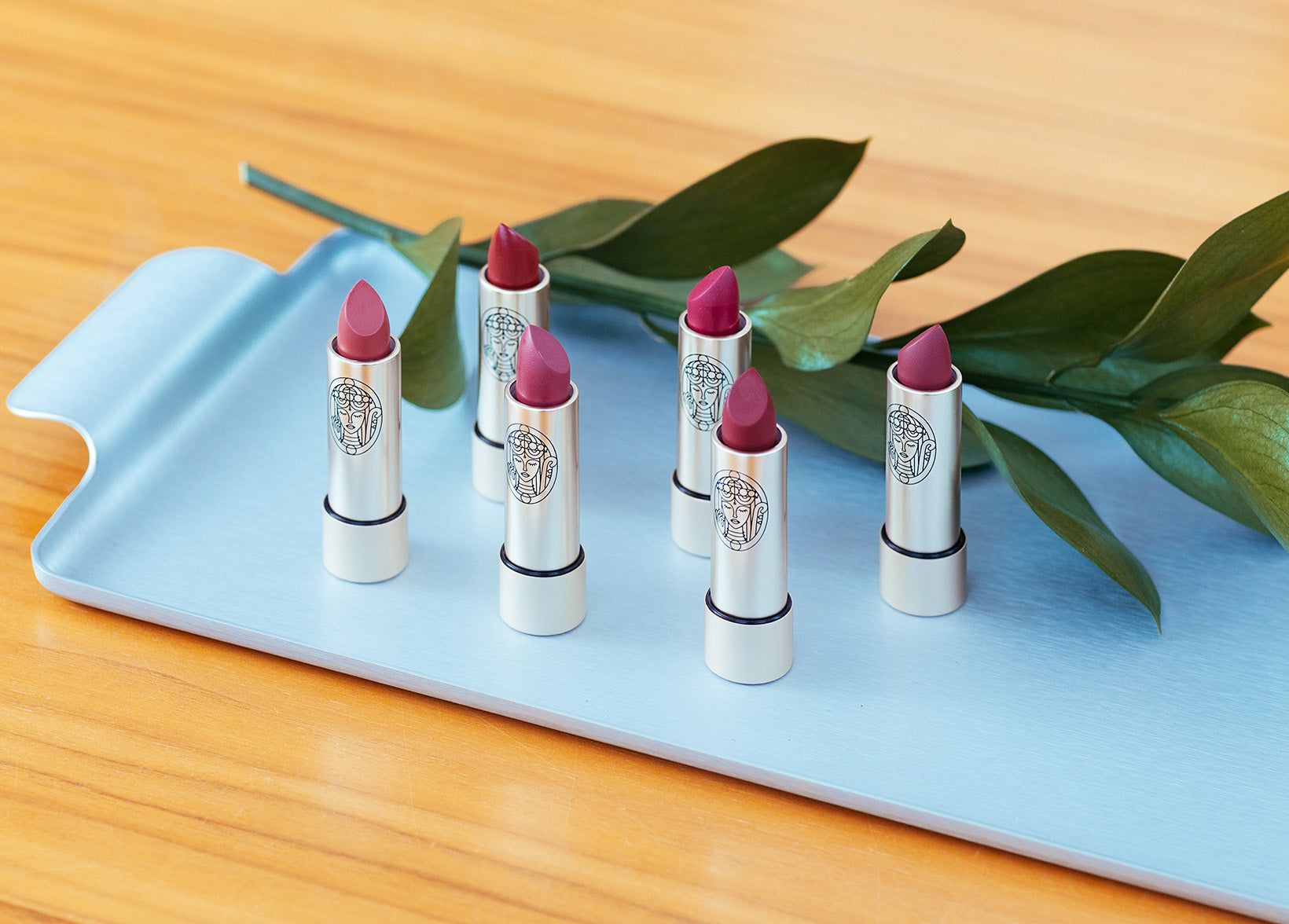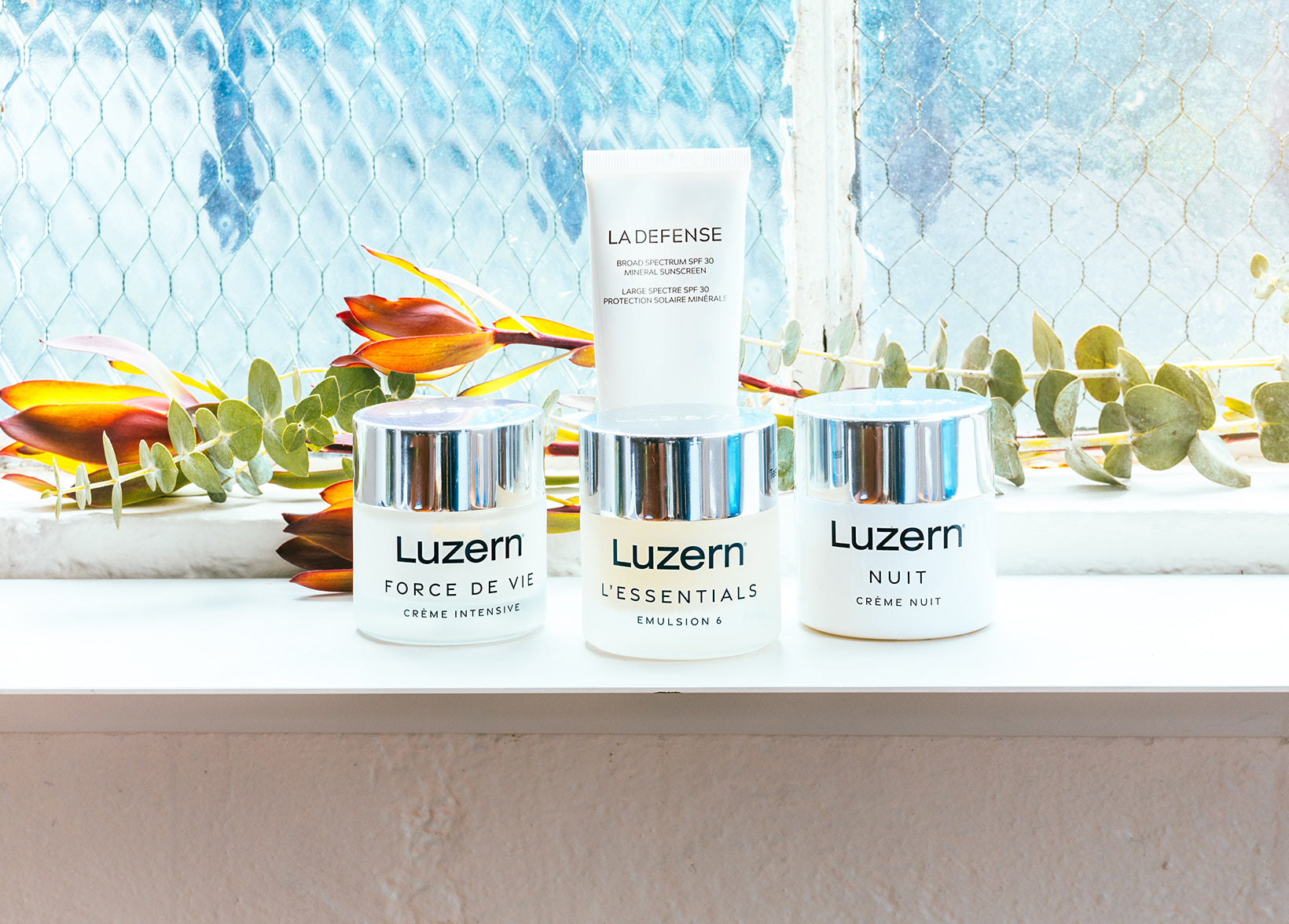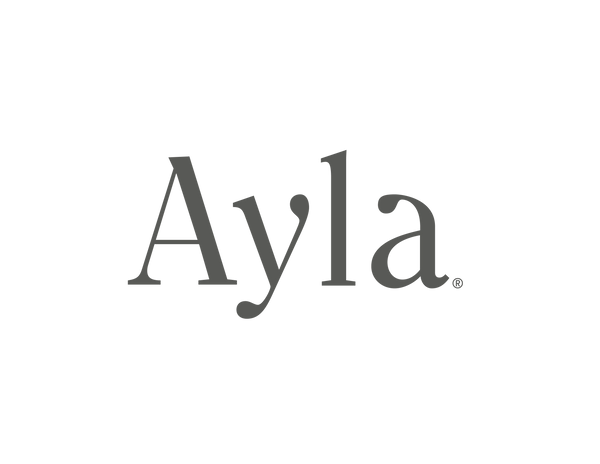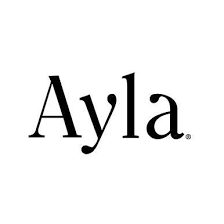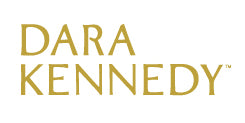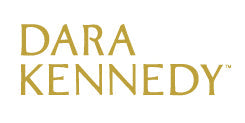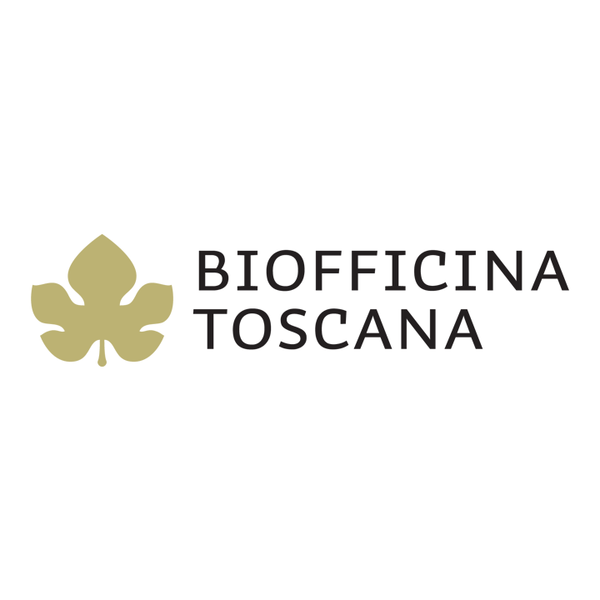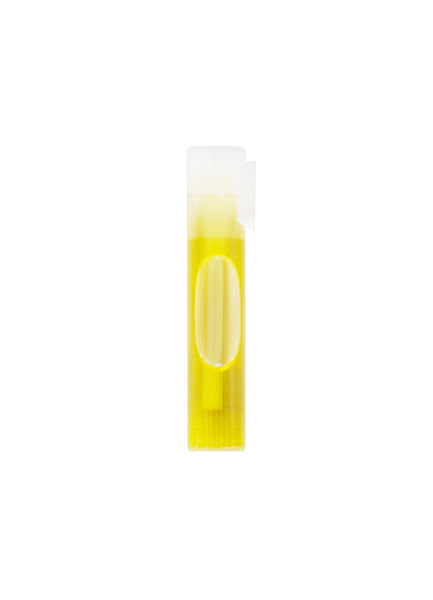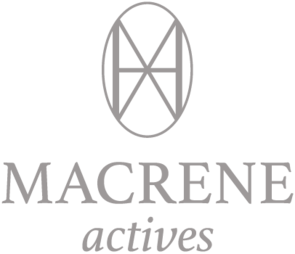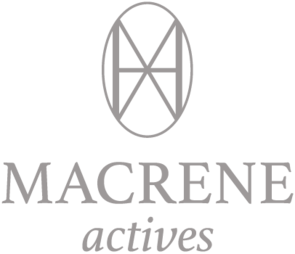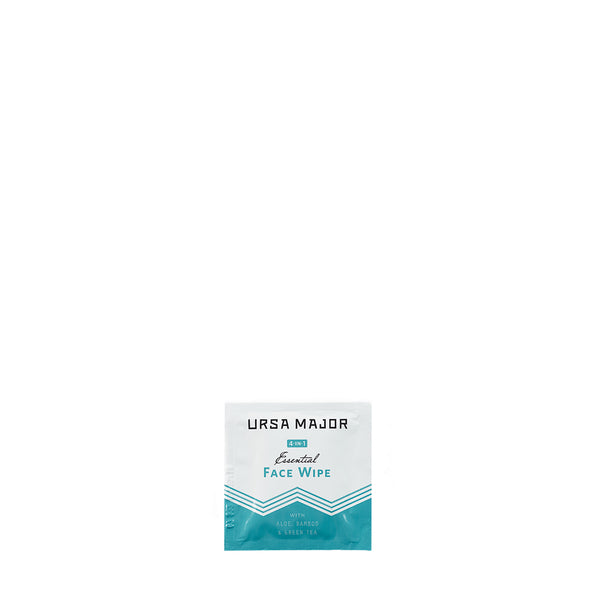Recent Articles
LIHA Ose Gidi Soap is one of the products that first drew us to this British brand. Handmade in small batches, it’s LIHA’s extra-nourishing take on traditional Nigerian black soap, which is typically made only with plantain ash, shea butter, and coconut oil. To get this soap to the perfect balance — deep cleansing and slightly exfoliating, without stripping the skin — co-founders Liha and Abi added olive and hemp oils, brightening moringa powder, blackstrap molasses, and a perfect blend of bergamot, benzoin, and -palmarosa essential oils.
Read all about the development of Ose Gidi soap in Dara’s interview with Liha Okunniwa, LIHA’s co-founder.
***

Dara Kennedy: We’ve been waiting for this soap for so long! We’re so excited to have it in stock.
Liha Okunniwa: It took so long because we’re such insane perfectionists that we had to have it small batch and handmade. Even the batching of it is tricky. This is getting very technical, but some soaps like to be batched in six, or five, or even four. Ours will only batch up in threes. So that was one challenge. But it also took a long time to get the recipe right.
Dara: Tell us about the recipe.
Liha: The original black soap recipe in Nigeria generally is plantain ash, shea, and coconut — just those three things — because it’s very exfoliating and it’s a natural source of potassium hydroxide, and you’ve got some moisture there. But we found that original recipe to be a bit stripping, so we added in that English aromatherapy aspect (bergamot, benzoin, and palmarosa essential oils), olive and hemp oils, moringa powder, and molasses. Molasses was the secret ingredient. We were in our kitchen, tearing our hair out over this formula, and a friend was over who’s a chef and said, “Have you tried molasses?” And it actually has loads of skincare benefits.
Dara: What does that add?
Liha: It adds a slip to the formula. You know how soap can really dry your skin out? Within the world of soapmaking, there’s this thing called “superfatting,” where if you’re doing cold process — which our soap is — you finish your cold process mixing and then you can add in extra oils after the setting process to help stop the skin from drying out. But we found that, when we were adding oils, it was going a bit too far and making the skin too oily. So what molasses does is it adds the moisture, but it also has a slightly astringent quality so it feels so good, a bit tightening for the skin.
Dara: We see this mainly as a body care product, but can it be used on the face as well?
Liha: I only use it twice a week on my face, since it is a powerful exfoliant — more so even than a charcoal soap. I rub the bar in between my hands and then apply what’s on my hands to my face.
Dara: What in it exfoliates the skin?
Liha: The moringa powder, but more importantly, the plantain ash — it’s potassium hydroxide, so it’s really good at removing that dead layer of skin.
***
LIHA’s Ose Gidi soap has been such a hit — but so time-consuming to make in small batches — that Abi and Liha tried to find an outside manufacturer for it. But, being the perfectionists they are (which is one of the many things we adore about these women), they ended up keeping the manufacturing in house. It’s available in limited quantities and tends to go out of stock frequently, so we suggest grabbing one (or two, or three) if we have it. It’s marvelous, well worth the hype, and perfect for warmer months.
Learn more about LIHA in our Brand Spotlight and in the following video interviews with Dara and Liha:
The story behind the brand
LIHA's unique and beautiful approach to fragrance

